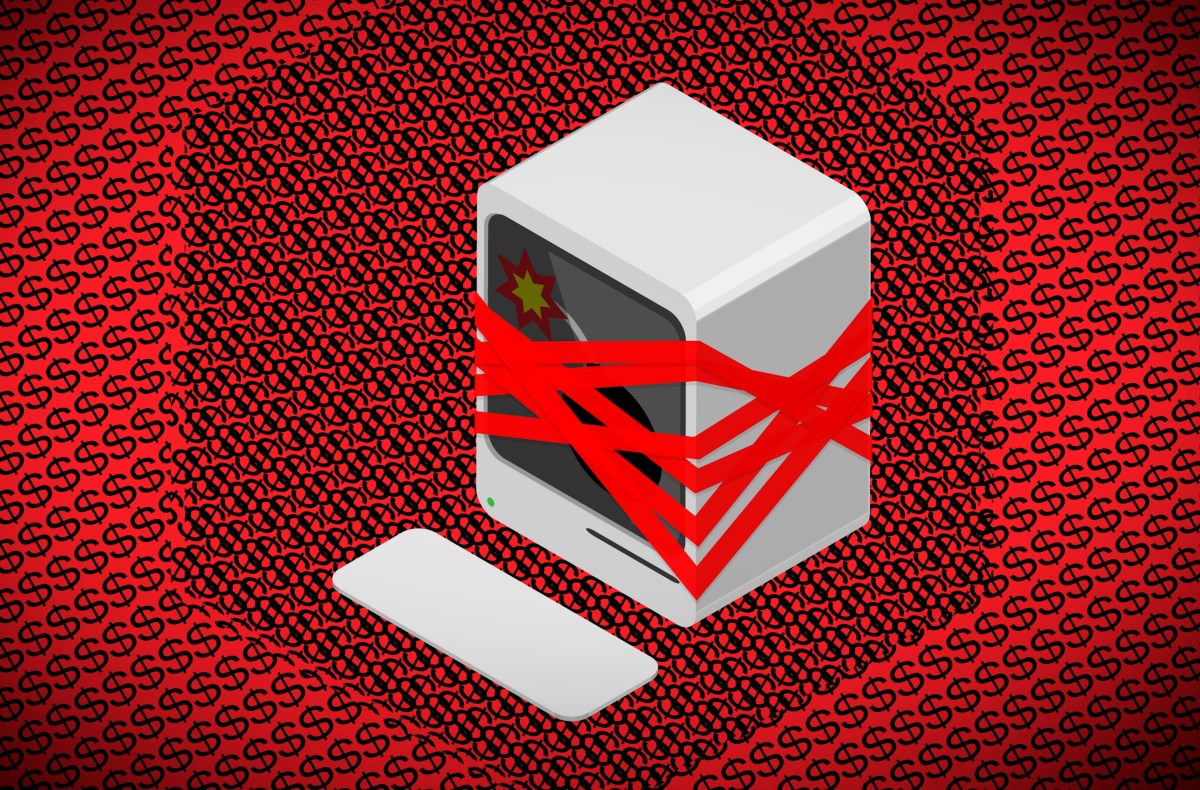Good cash flow habits – the difference between surviving or thriving
By Partner Content on Small Business UK - Advice and Ideas for UK Small Businesses and SMEs Congratulations on starting your new business! Now that you’ve registered your business it’s worth thinking about all the elements that will help get your business off to a flying start. That means establishing the necessary habits to help you stay on top of your finances The post Good cash flow habits – the difference between surviving or thriving appeared first on Small Business UK.

By Partner Content on Small Business UK - Advice and Ideas for UK Small Businesses and SMEs

Congratulations on starting your new business! Now that you’ve registered your business it’s worth thinking about all the elements that will help get your business off to a flying start. That means establishing the necessary cash flow habits to help you stay on top of your finances
Cash flow management is one of the essential cornerstones of a running a business, and if you get that right, it will make the difference between surviving or thriving.
Staying on top of the numbers can be tricky, especially if you have no experience. Cash flow management is having a handle on what’s coming in, what’s going out and an understanding of what future demands may be made on your finances. Planning your cash flow may take some effort and focus in the beginning, but once you have a process in place, it becomes a lot easier.
Here are some tips:
1. When you start out, getting a good business banking account is essential. HSBC Kinetic* offers a business current account built specifically around you, the small business owner. It has the features you need, including a cash flow visualisation and forecasting feature that takes away some of the guesswork in managing your business finances.
2. Know what your fixed costs are, e.g. your regular expenses like rent, salaries, technology etc., you’ll need to include tax in this figure too. Then forecast a moderate income in your first year. After a while you will have an idea of what your business brings in each month and that will enable you to flatten out the peaks and troughs.
3. When you have an above average month, resist the temptation to spend all of the surplus cash. If you can, save some money into an instant access savings account, with enough to cover overheads (fixed costs) for a few months into the future. This will give you a buffer if you have a lean month. You can always apply for a HSBC Kinetic savings account in the HSBC Kinetic app or separately via the phone, it’s quick and easy and there is no paperwork to deal with.
You don’t have to open, have or maintain a HSBC Kinetic Current Account to open, have or maintain a HSBC Kinetic Savings Account.
4. Making time to master some basic accounting skills is a good investment in your business, setting you up for future success. Fortunately, we have come a long way since the days of ledgers and ink, and there are now many tools to take the headaches out of the number crunching. With the HSBC Kinetic Current Account cash flow feature, you are just a tap away from understanding your business better, so you can focus on what you do best – running the business that you love.
You can apply for a new business current account in minutes with HSBC Kinetic. So if you’re a sole trader or a single director shareholder limited company, find out more at business.hsbc.uk.
Simply download the HSBC Kinetic app and apply in minutes. With most accounts opened in 48hrs.
*HSBC Kinetic is subject to eligibility, T&Cs, credit check and fees apply.
If you would like to open a HSBC Kinetic savings account without a HSBC Kinetic Current Account, please call 0345 587 3529 or +44 1397 436960 if you’re outside the UK.
This article was written as part of a paid-for advertising content campaign with HSBC.

Read more
The basics of cash flow forecasts for small businesses
The post Good cash flow habits – the difference between surviving or thriving appeared first on Small Business UK.






















